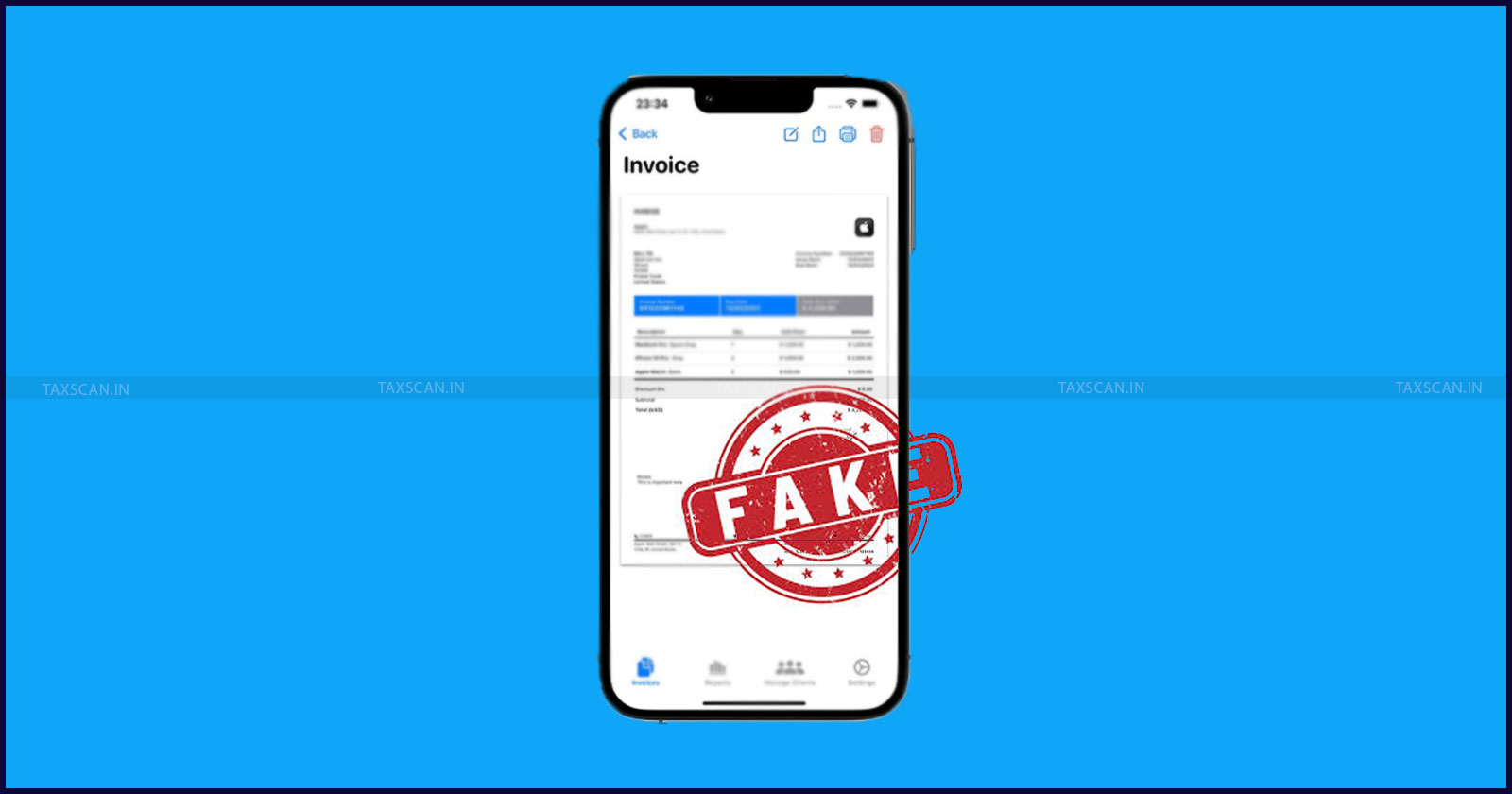Faridabad Teenager Uses Fake iPhone Invoices, Shell Firms to Execute ₹64-Crore GST Scam

A 19-year-old boy from Faridabad, Sanket Mittal, has been arrested for carrying out a massive GST fraud worth Rs. 64.2 crore. He allegedly created fake bills to show the sale and transport of expensive smartphones like iPhones and used this to wrongly claim tax refunds from the government. The fraud took place over a period of two years and was carefully planned using false documents and fake companies.
From Notices to Verdicts – Decode GST Litigations with Confidence! Click here
According to officials from the Central GST (CGST) department in Faridabad, Sanket did not act alone. He worked with a 34-year-old man named Naveen Tayal. Together, they created two companies using fake electricity bills. One company was registered in the name of Sanket’s grandmother, and the other in the name of his house help. These companies existed only on paper and were set up to make it look like they were doing business by buying and selling iPhones.
Read More: Centre to SC: Games of Skill with Stakes Are Gambling, Must Face 28% GST on Full Entry Amount
To make their fraud seem real, the two accused got their hands on real iPhone IMEI numbers from online shopping websites like Amazon, Flipkart, and Appario. An IMEI number is a unique number used to identify each phone. Sanket and Naveen used these numbers on fake bills to show that their companies had purchased and sold these phones, even though no real transaction had taken place.
They even created fake transport records, claiming that they had moved iPhones worth nearly Rs. 6 crore using Haryana Roadways buses. But when officials checked the details, they found that the vehicle numbers used in the transport records were either fake or had been misused. The electricity bills used to register the companies were also found to be fake. The local electricity board confirmed that there were no such customers at the mentioned addresses.
From Notices to Verdicts – Decode GST Litigations with Confidence! Click here
What made the case suspicious in the first place was the unusually high amount of tax refund being claimed by these companies. This caught the attention of the CGST data analytics team. A deeper investigation revealed that there were no real suppliers involved in the transactions. This meant that Sanket and his partner had only created fake invoices to make it look like they had bought goods, when in fact they had not received any actual items.
Read More: Income Tax Return Filing: Complete ITR Form 3 Checklist for AY 2025-26
The officials also contacted Apple India for verification. Apple confirmed that the iPhones related to the IMEI numbers in question had already been sold to individual customers through online platforms, and not to the fake companies. This further proved that the fraudsters had no real connection with the goods they were claiming to trade.
The investigation team had to track the movements of Sanket and Naveen, as they kept changing locations to avoid being caught. After gathering enough evidence, both were finally arrested and have now been sent to judicial custody for 14 days by the Faridabad district court.
From Notices to Verdicts – Decode GST Litigations with Confidence! Click here
The entire scam was based on wrongly claiming input tax credit, which is a refund given to businesses for the GST they pay while buying items for their work. Since the accused didn’t actually buy or sell anything, their claims were false and led to a huge loss to the government.
Authorities are continuing the investigation to find out if more people were involved or if similar frauds have taken place elsewhere. The case has raised serious concerns about how easily government systems can be misused with forged documents and data taken from online sources.
Support our journalism by subscribing to Taxscan premium. Follow us on Telegram for quick updates


